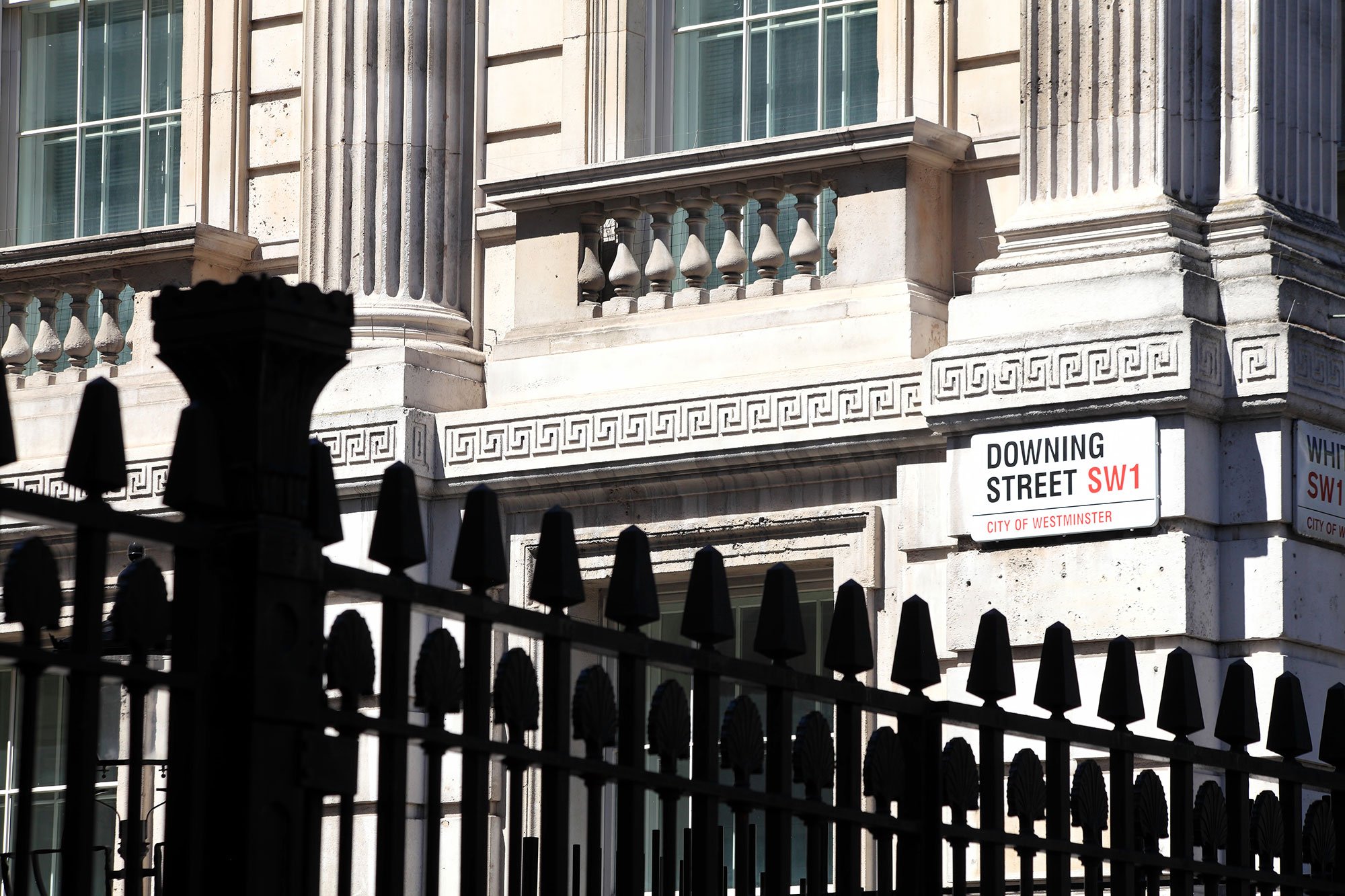Days
Hours
Minutes
Seconds
May 1 2026 - Renters' Right Act Commencement Day
You have 0 days to:
Serve any final Section 21 notices
Stop accepting above-asking rent offers
Prepare for the rental bidding ban
Remove “No DSS” from adverts
Remove “No Children” from listings
Show one clear rent price
Stop using fixed-term agreements
Switch to periodic tenancy templates
Check which tenancies go periodic
Stop taking rent before signing
Take no more than one month’s rent
Move all evictions to Section 8
Train staff on new notice rules
Create Section 13 process flow
Add two months to rent reviews
File court claims for Section 21s
Update landlord move-in grounds
Update landlord selling grounds
Send the RRA Information Sheet
Create written terms where missing
Update How to Rent processes
Review tenant screening questions
Update pet request processes
Stop backdating rent increases
Discuss rent protection backbooks
Act now before it is too late...
Renters' Rights Act vs Renters (Reform) Bill - what letting agents need to know
Renters’ Rights Act is Labour’s answer to the Conservative's Renters (Reform) Bill. Here's what agents need to know about the difference between these two pieces of legislation.
The Goodlord team
Jul 22, 2024
The Renters (Reform) Bill was a key piece of legislation that was deemed to shake up the private rental sector. However, due to the snap general election, the bill did not pass through the government before it was dissolved.
To ensure reform is made within the sector, the Labour Party introduced their own successful version of the Renters (Reform) Bill, announced during the King's Speech 2024, now called the Renters' Rights Act.
This piece of legislation, introduced by the Labour Party, was brought forward “to give greater rights and protections to people renting their homes, including ending no-fault evictions and reforming grounds for possession”.
But what is the difference between the new Renters (Reform) Bill and the Renters’ Rights Act? Read our guide to find out more:
Here's an overview of what each piece of legislation included:
| Renters Reform Bill | Renters' Rights Act | |
| Abolish Section 21 | ✅ With court reform |
✅ Without court reform |
| Expand grounds for possession | ✅ | ✅ |
| Decent Homes Standard | ✅ | ✅ Plus Awaab's Law |
| Limit rent increases to once per year | ✅ | ✅ |
| Prohibit discrimination | ✅ | ✅ |
| Allow renting with pets | ✅ | ✅ |
| Introduce a landlord ombudsman | ✅ | ✅ |
| Ban rental bidding wars | ❌ | ✅ |
| Create a PRS database | ✅ |
✅ |
| Strengthen enforcement of non-compliance | ✅ |
✅ |
Abolishing Section 21
Will Labour’s Renters’ Rights Act abolish Section 21? Yes
Did the Conservative’s Renters (Reform) Bill aim to ban Section 21? Not until the courts were reformed
Abolishing Section 21 ‘no-fault’ evictions has been a contentious element of private rental reform, with many worrying about what will replace this policy.
The Conservative’s Renters (Reform) Bill planned to abolish section 21 evictions for assured shorthold tenancies to “level the playing field between landlord and tenant”.
However, there was no confirmed explanation of how the Conservatives would ban Section 21 evictions. In October 2023, the Conservative government said banning no-fault evictions would only happen when” sufficient progress has been made to improve the courts”.
For the Labour Party, abolishing Section 21 no-fault evictions was a key policy for the private rental reform.
Their manifesto promised to “immediately abolish Section 21 ‘no fault’ evictions”. Deputy Prime Minister and Secretary of State for Housing, Communities and Local Government, Angela Rayner, stated last year she would ban no-fault evictions immediately if Labour were elected.
In the Renters’ Rights Act, Labour stated that, in addition to abolishing no-fault evictions, they will create “New, clear and expanded possession grounds” to make it easier for landlords to reclaim properties when needed.
However, just as with the Renters (Reform) Bill, this new legislation doesn’t specify how they will ban the section or reform the courts.
Rent increases
Does Labour’s Renters’ Rights Act allow rent increases? Only if it's in line with market rates
Did the Conservative’s Renters (Reform) Bill allow rent increases? Yes if in line with market rates
The initial Renters (Reform) Bill white paper outlined the plan to end the use of rent review clauses.
However, as with Section 13, landlords and agents might have been able to raise rents once a year if they were in line with market rates.
If a tenant believed these increases were disproportionate, they could’ve disputed the raise and taken the case to a tribunal.
In the Renters’ Rights Act, Labour has pledged to strengthen tenants’ rights and protections, including rent increases.
Decent Homes Standard
Does Labour’s Renters’ Rights Act include Decent Homes Standards? Yes, and Awaab’s Law
Did the Conservatives’ Renters (Reform) Bill include Decent Homes Standards? Yes
The Renters (Reform) Bill was the first piece of legislation that required a minimum housing standard for the private rental sector.
During the committee stage of the Act, it was confirmed that the Decent Homes Standard, which had initially applied only to the social housing sector, would now apply to private housing.
The Conservative Government announced that local authorities would have been given further powers to ensure that landlords maintain their homes to a decent standard. This included a £30,000 fine or a banning order.
The Labour Party decided to take the standard of private housing further by integrating the Decent Homes Standards and Awaab’s Law through the Renters’ Rights Act.
Labour has committed to ensuring homes are safe, secure and hazard-free. Awaab’s Law, which is currently applied to the social housing sector, will set legal expectations and time frames for landlords to address hazards in the home within a specific timeframe.
Pets in Lets
Does Labour’s Renters’ Rights Act include pets in lets? Yes
Did the Conservative’s Renters (Reform) Bill include pets in lets? Yes
Pets in lets is a crowd-pleaser for tenants. Data from 2021 shows that 40% of UK households own a pet, yet only 7% of private landlords advertise pet-friendly rentals. It is something desperately needed in the private rental sector.
The Renters (Reform) Bill initially introduced regulations to allow pets in lets. Proposed legislation stated that tenants could request in writing if they wished to have a pet in the rental property. A landlord must have “reasonable” grounds to refuse the request.
Labour’s Renters’ Rights Act includes policies that cover pets in lets, allowing “tenants the right to request a pet”.
The Act states that landlords must consider a tenant's request and not unreasonably refuse it.
This article is intended as a guide only and does not constitute legal advice. Visit gov.uk for more information on the Renters' Rights Bill.










